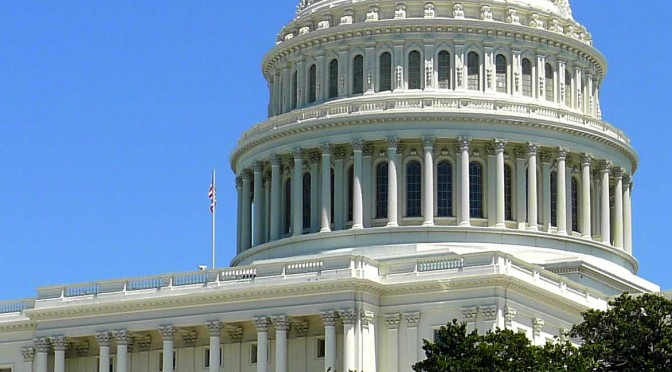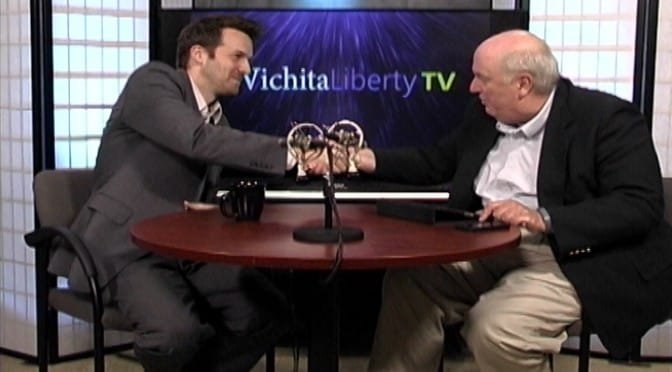Tag: Elections
-

WichitaLiberty.TV: Primary election results, and a look forward
A look at some of the primary elections results this week. What did voters say, and what should we look for in the November general election and the future past that?
-

Elections in Kansas: Federal offices
Kansas Republican primary voters made two good decisions this week.
-
In Kansas, hypocritical criticism of voting records
Kansas fourth district voters may want to be aware of voting record of a congressional challenger, and whether his criticism of his opponent for similar behavior is hypocritical.
-

Women for Kansas voting guide should be read with caution
If voters are relying on a voter guide from Women for Kansas, they should consider the actual history of Kansas taxation and spending before voting.
-

Roberts campaign manager was for debates until he was against them
For Pat Roberts executive campaign manager Leroy Towns, political debates are important. At least until your candidate doesn’t want to debate.
-
Voting attendance an issue in Kansas fourth district campaign
Voting attendance an issue in Kansas fourth district campaign
-

Voice for Liberty Radio: Kansas Secretary of State Candidates
Candidates for Republican party nomination for Kansas Secretary of State spoke at the Wichita Pachyderm Club on July 18, 2014.
-
Roberts, ducking debates, disrespects Kansas voters
With the decision of United States Senator Pat Roberts to skip debates with his opponents, Kansans are deprived of a useful part of the political process.
-

WichitaLiberty.TV: Radio show host Joseph Ashby
Wichita talk radio show host Joseph Ashby joins Bob Weeks to talk about politics and upcoming elections.
-
In Kansas fourth district campaign, PAC contributions are an issue
Candidate Todd Tiahrt criticizes Mike Pompeo for accepting PAC money as campaign contributions, but over his career Tiahrt has accepted PAC dollars in greater proportion than has Pompeo.
-

Did Rep. Mike Pompeo vote to fund Obamacare?
A television ad by Todd Tiahrt claims that Mike Pompeo voted seven times to fund Obamacare. What are the facts about those bills?
-

Quasi-lobbyist runs as earmarker in Kansas GOP primary
Washington Examiner writer Tim Carney notices the curious stance of a Republican candidate in the Kansas fourth district primary: He likes earmarks